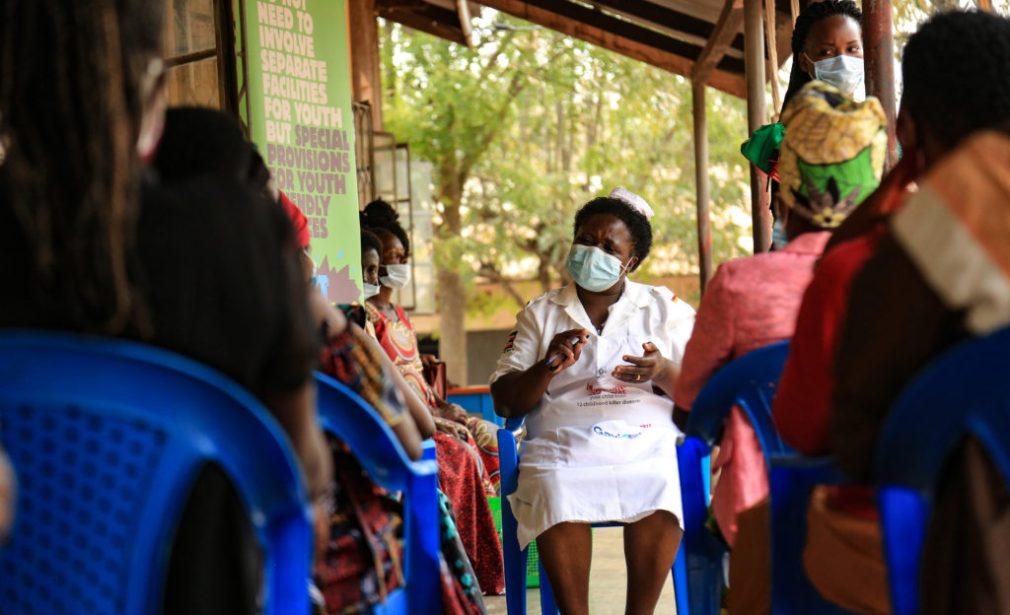Sexually Transmitted Infections (STIs)
Sexually Transmitted Infections (STIs) are infections that are primarily spread through sexual contact. Here’s an overview:
Types of STIs
1. Bacterial STIs:
– Chlamydia
– Gonorrhea
– Syphilis
2. Viral STIs:
– Human Immunodeficiency Virus (HIV)
– Herpes Simplex Virus (HSV)
– Human Papillomavirus (HPV)
3. Parasitic STIs:
– Pubic Lice (Crabs)
– Scabies
Symptoms of STIs
1. Unusual discharge or odor from the genitals
2. Pain or burning during urination
3. Itching or irritation in the genital area
4. Sores, bumps, or rashes on the genitals
5. Fever, chills, or flu-like symptoms
Prevention of STIs
1. Practice safe sex using condoms or dental dams
2. Get vaccinated against HPV and Hepatitis B
3. Get tested regularly for STIs
4. Use protection during oral sex
5. Avoid sharing sex toys
Treatment and Management of STIs
1. Bacterial STIs: antibiotics
2. Viral STIs: antiviral medications
3. Parasitic STIs: topical creams or oral medications
4. HIV: antiretroviral therapy (ART)
Importance of STI Testing
1. Early detection and treatment can prevent long-term health complications
2. Reduces the risk of transmission to others
3. Helps prevent infertility, pregnancy complications, and increased risk of HIV transmission
Resources for STI Testing and Treatment
1. Local health clinics
2. Planned Parenthood
3. Community health centers
4. Private healthcare providers
5. Online resources and hotlines

